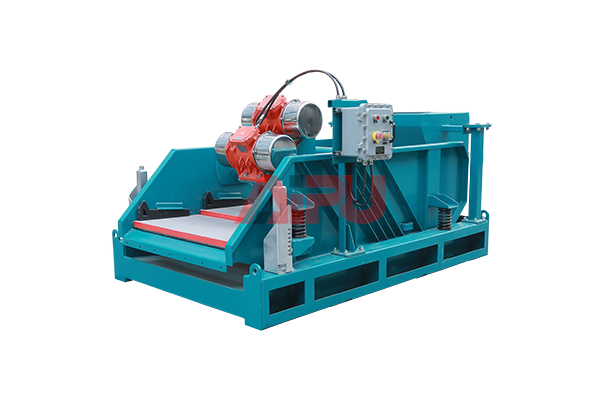The processing capacity of solids control equipment plays a pivotal role in determining its overall performance in drilling operations. This critical factor directly impacts efficiency, cost-effectiveness, and environmental compliance in oilfield operations.

Processing capacity refers to the volume of drilling fluid that can be effectively treated within a given time frame. Equipment with insufficient capacity leads to bottlenecks in operations, while oversized systems result in unnecessary capital expenditure and operational costs. The ideal processing capacity matches the specific requirements of the drilling project.
Several key performance indicators are directly influenced by processing capacity. Separation efficiency, measured by the percentage of solids removed from the drilling fluid, typically improves with proper capacity sizing. Equipment operating within its optimal range achieves better particle separation and maintains fluid properties more consistently.
The relationship between processing capacity and equipment performance follows a non-linear curve. Initially, performance improves with increased capacity as the system handles the fluid volume more effectively. However, beyond a certain point, diminishing returns set in, and further capacity increases may not yield proportional performance gains.
Modern drilling operations demand equipment that can adapt to varying flow rates. Advanced solids control systems incorporate adjustable parameters that allow operators to optimize performance across different capacity requirements. This flexibility proves particularly valuable when dealing with changing formation conditions or unexpected increases in solids loading.
Energy efficiency represents another critical aspect affected by processing capacity. Properly sized equipment operates closer to its design parameters, consuming less power per unit of processed fluid. Oversized systems often run at partial capacity, leading to higher specific energy consumption and reduced overall efficiency.
Maintenance requirements also correlate with processing capacity utilization. Equipment consistently operating beyond its rated capacity experiences accelerated wear, while underutilized systems may develop issues from prolonged idle periods. Finding the right balance extends equipment lifespan and reduces downtime.
The selection of appropriate processing capacity requires careful consideration of multiple factors. These include anticipated drilling rates, formation characteristics, fluid properties, and environmental regulations. Professional evaluation by experienced engineers helps identify the optimal capacity for specific operational requirements.
If your project requires solids control equipment, choose Aipu solids control, and we believe it will be your best choice.
